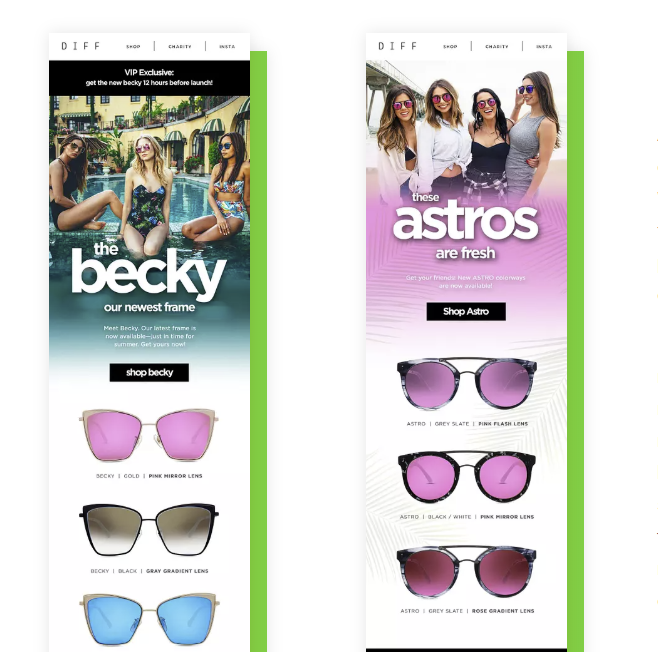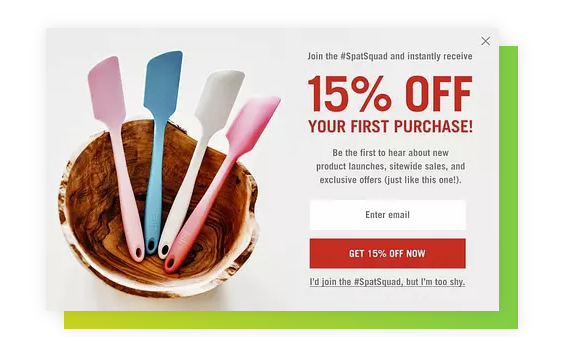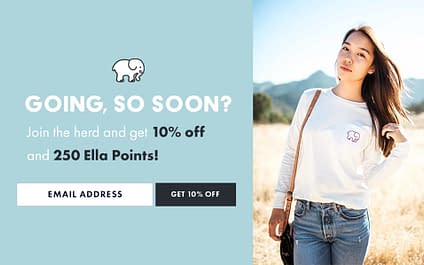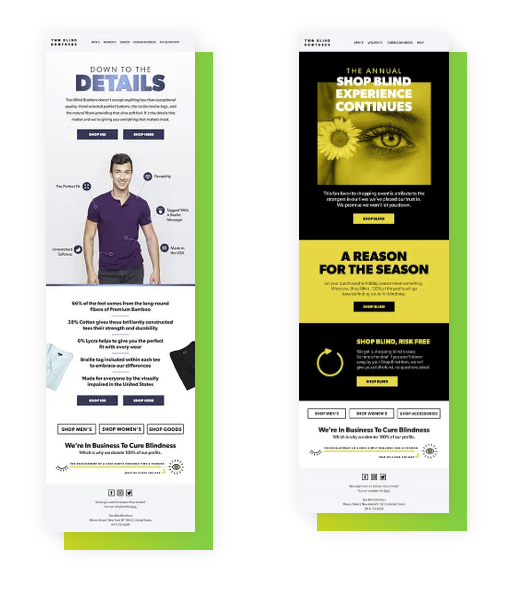6 Tips On Growing Your Email List: Quality vs. Quantity

Email marketing is one of the most efficient and effective ways to connect with your customers one-on-one, helping to build loyalty and increase retention.
But when it comes to growing your email list, there is a constant tension between quality versus quantity. So how do you continuously grow your email list while ensuring the new contacts coming in are high quality?
Here are six important tips to help you build and maintain a healthy and engaged email list.
It is important for your email list to grow, but quality should always supersede quantity.
It’s much better to have a small list of engaged contacts who are actively converting than a large list of unengaged contacts who aren’t generating revenue. Non-engaged subscribers ultimately hurt your program.
We recognize that a large list can appear impressive, especially to the C-suite, but if a broad swath of those contacts is not engaging with your emails, they may have more costs associated with them than benefits.
Some ESPs charge additional fees as active contact counts grow, and if a large portion of that list is not opening your emails you’re at a higher risk of hitting spam traps or running into deliverability issues.

Emailing to engaged contacts increases your engagement rates, which also improves and protects deliverability.
The most effective way to grow your list with high intent leads is via onsite email capture.
Contacts who have already made it to your site have expressed interest in your brand and product, and are highly likely to convert if they are nurtured properly via email campaigns.

There are multiple opportunities across your website for you to capture email addresses, including:
Typically the most successful of the above tactics is the pop-up. Pairing a difficult-to-ignore call to action with language that entices (a sign-up discount, promises of early access to sales or new arrivals, etc.) is sure to generate a high level of engagement.
Always require an email address to be provided, but consider an additional optional field to help populate data you can use for future retargeting and personalization, including first name, birthday, or the category of products they’re most interested in.
Collect information that is valuable, but be cautious of adding too many fields, as this could diminish the signup rate.
Incentives are a great way to drive increased email sign-ups, but it’s important to approach your promotional strategy carefully.
Too high of a discount will generate low intent subscribers looking for an amazing deal.

Free shipping or a gift with purchase are safe bets, but percentage or dollar discounts should be tested to ensure you’re striking a balance between lead quality, a strong sign-up rate, and a healthy margin.
The same risks that come with steep sign-up incentives are present when running sweepstakes or giveaways to encourage email subscriptions.
While this might give a quick boost to your overall email audience size, the likelihood of generating leads who will stay engaged and eventually convert is low. Giveaways attract those window shoppers who are looking for a freebie; if they don’t win, they could sit on your list without engaging and eventually tarnish your deliverability.
If you must run sweepstakes, go about it thoughtfully. Ensure any new sign-ups are tagged for segmentation or added to a separate list so you can track engagement and conversions over time to determine the efficacy of running future sweeps. For unengaged contacts, be aggressive about offboarding. If they don’t open an email in the first several weeks, funnel them into a re-engagement series and unsubscribe those that remain non-responsive.
As with any capture tactic, you’ll want to maintain compliance with anti-SPAM and privacy laws by being crystal clear that entering the sweepstakes involves opting into email marketing campaigns.
Buying a list of email contacts can be very tempting; it’s a quick one-time boost to your list counts. But whatever you do, please, do not purchase an email list!
Doing so can ruin all of the hard work you have put into building your email program.
Contacts on a purchased list did not ask for you to email them. Receiving an email from a brand they didn’t subscribe to can make these contacts feel like their privacy has been invaded, and they’re likely to either delete your emails immediately or worse yet, flag them as spam. These lists can also contain dead or inactive email addresses which can drive large bounce rates, reduce your sender reputation, and cause major deliverability issues.
Remember, it can be hard to build your reputation back up after you run into deliverability issues. Building a list organically by gaining subscribers directly from your website traffic is the best way to grow your email list.
To maintain email list quality, you should regularly remove unengaged subscribers.
Quality is the goal here, even though it is tough to remove hard-won subscribers from your email list.
It is important to note that a healthy engagement window will differ by business and product. While 12 months without opens is a common threshold for contacts to be considered unengaged, take a look at your repurchase rate, the seasonal nature of your products, and your customer’s ordering habits to determine your engagement sweet spot.

Run unengaged contacts through a re-engagement series as a last-ditch effort to reactivate these subscribers and remove anyone who has still not engaged.
Note: Many contacts update their email addresses on a regular basis, so routine list hygiene not only removes unengaged contacts but also dead email addresses that are no longer being used.
Email list quality can make or break your email marketing program.
It is important to maintain a focus on gathering contacts who will be engaged with your content and likely to convert as opposed to considering fast growth as your only acquisition success metric.
While it can be hard to see your list shrink as a result of hygiene efforts, you’ll be ensuring the long term health of your email program, and you’ll have the engagement and conversion metrics to prove it.
